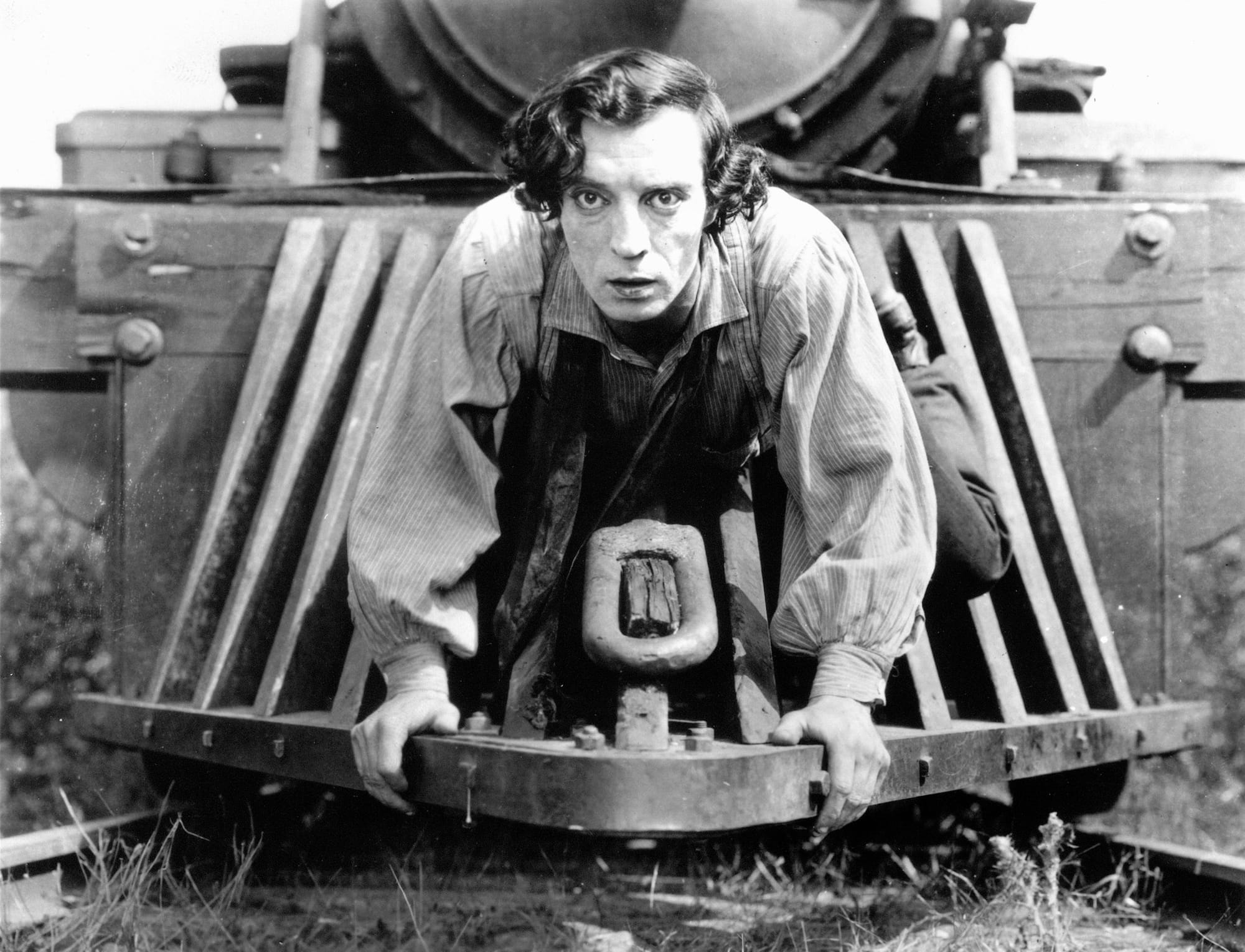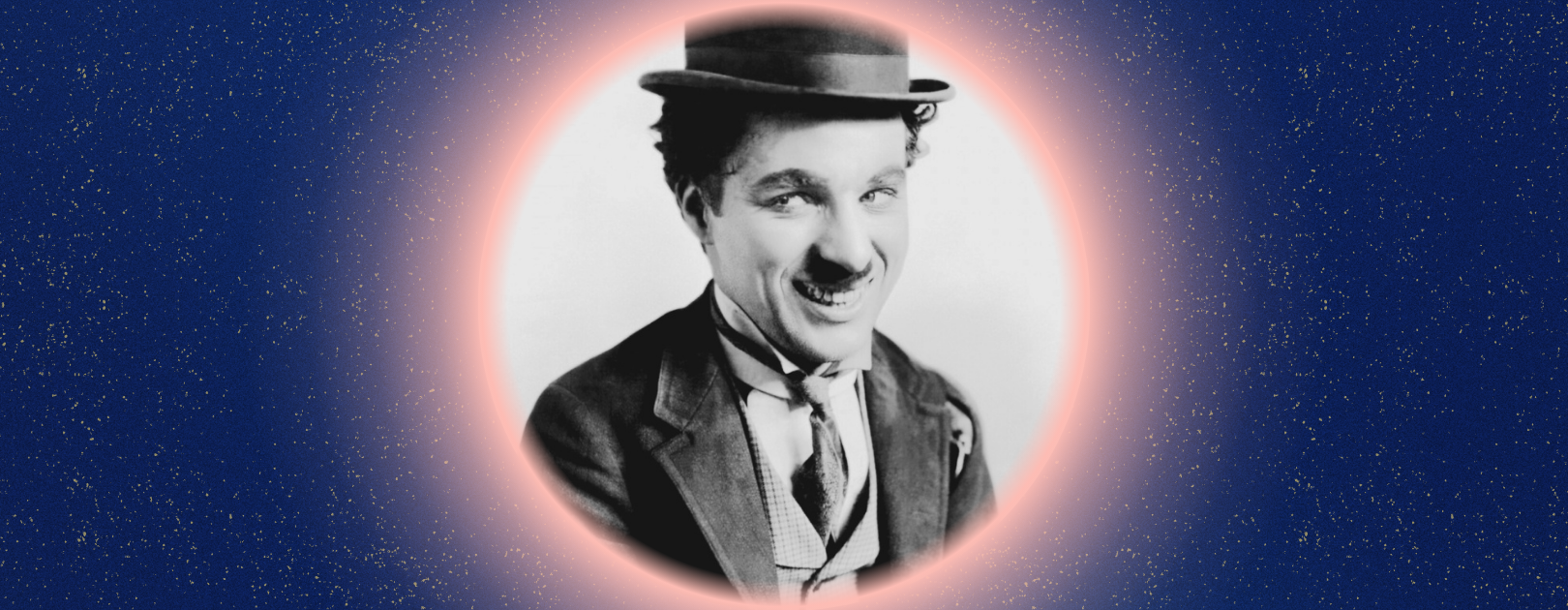Table of Contents
Since The Artist swept the 2012 Oscars, silent film rentals have surged by 40% according to The Telegraph. This modern cinematic triumph has become the perfect "gateway drug" to silent films—and it's about time. For too long, we've treated silent cinema as a quaint historical curiosity rather than recognizing it as the revolutionary foundation of everything we love about movies today.
The Magic of Live Silent Film Performance
My own conversion happened during college when professional silent film organist Clark Wilson accompanied Buster Keaton's The General in our auditorium. The experience was transformative—seeing how The Phantom of the Opera and The Hunchback of Notre Dame could come alive with live music revealed cinema's original power as communal art. Unlike the passive experience of going to the cinema to watch a loud, non-stop action film, these live music performances were immersive theatrical events that demanded active participation from audiences.
Not everyone has access to these magical live performances, but that shouldn't stop you from discovering silent cinema's treasures. The key is understanding that silent films require a different viewing approach than our passive consumption of modern entertainment.
Tips for Making Silent Films Work for Modern Viewers
Initially, I struggled to enjoy full-length silent movies on my computer. The energy of a packed auditorium with live music creates an atmosphere that's hard to replicate alone. However, I've developed strategies that help newcomers appreciate this medium:
Create Your Own Community Experience
Since there's no spoken dialogue, you can talk during the film—laugh at the visual gags, clarify confusing plot points, or comment on the remarkable cinematography without disrupting the experience. This social element mirrors the original moviegoing experience when audiences were encouraged to participate.
Start Small and Build Up
Twenty-minute Chaplin shorts that once preceded feature presentations are readily available on YouTube. These bite-sized introductions to Chaplin and Buster Keaton are far more digestible than two-hour epics and showcase the medium's strengths without demanding marathon viewing sessions.
Genre Matters for Accessibility
While we might struggle with silent era melodrama's extreme emotional style, humour translates beautifully across decades. After comedies, try horror films. The genre has always embraced the "incredible," making it perfect for playing along with early cinema's techniques, whether you're genuinely scared or laughing at the period's special effects.
Understanding Silent Cinema's Revolutionary Context
If you've seen Hugo (2011), you already understand something crucial about silent film production: these movies were made with virtually no money, minimal time, and primitive technology compared to today's standards. Film companies churned out dozens of movies weekly, creating what might seem like amateur productions by modern standards.
But here's what makes them remarkable: silent films achieved extraordinary artistic heights despite these limitations. Think of them like elaborate home movies made with costume trunk clothes and borrowed props—except these "home movies" created the language of cinema itself.
The Human Cost of Early Filmmaking
The dedication of silent film performers often came at tremendous personal cost, revealing both the medium's artistic ambition and the industry's disregard for worker safety—particularly concerning for women performers. Lon Chaney, called "the man of a thousand faces," used painful wires to make his eyes bulge in The Phantom of the Opera and forced himself into an agonizing harness for The Hunchback of Notre Dame.
Lillian Gish permanently damaged her wrist nerves sitting in freezing water for hours during Way Down East's iceberg scenes. These sacrifices, especially by women performers, demonstrate how early Hollywood's pursuit of spectacle often came at the expense of performer well-being—a pattern that continues in different forms today.
Buster Keaton remains the undisputed master of physical comedy, performing stunts that seem impossible even by today's standards. His willingness to risk serious injury for a laugh created comedy gold while revealing early cinema's dangerous working conditions.
Essential Silent Film Viewing Guide
Charlie Chaplin: The Master of Social Commentary
- The Great Dictator (1940) - Chaplin's bold anti-fascist statement
- Modern Times (1936) - Industrial age critique; YouTube the "eating machine" scene
- The Kid (1921) - Perfect blend of laughter and tears; my personal favourite
- The Gold Rush (1925) - YouTube the famous "table ballet" scene
- Shoulder Arms (1918) - Proof that Chaplin could make even WWI funny
Buster Keaton: Physical Comedy Genius
- The General (1926) - My personal favourite; masterpiece of action comedy
- Sherlock, Jr. (1924) - Meta-cinema before we had a name for it
- Steamboat Bill, Jr. (1928) - Coincidentally made the year Katharine Hepburn graduated Bryn Mawr
- Our Hospitality (1923) - Perfect introduction to Keaton's style

Lon Chaney: Horror's First Icon
- The Phantom of the Opera (1925) - Essential early horror
- The Hunchback of Notre Dame (1923) - Chaney's transformation mastery
- Oliver Twist (1921) - Showcasing his dramatic range
D.W. Griffith: Cinema's Problematic Pioneer
- The Birth of a Nation (1915) - Technically revolutionary but historically KKK propaganda; important for understanding cinema's racist origins
- Intolerance (1916) - Griffith's attempt to address Birth's controversy
- Orphans of the Storm (1921) - Stars the remarkable Gish sisters; my personal favourite
Mary Pickford: America's First Movie Star
Watch any Pickford film with a familiar title—she starred in the first film versions of many classic stories. Together with husband Douglas Fairbanks, they were Hollywood's original power couple, the first "Brangelina" of cinema.
Why Silent Films Matter Today
Silent cinema formed the foundation of film language. Every modern movie technique from close-ups to cross-cutting to visual storytelling was pioneered during this era. Understanding silent films means understanding how cinema learned to speak without words, creating universal emotional languages that transcend cultural barriers.
Silent films offer unique perspectives on gender, class, and social issues from a pivotal historical period. For feminist film scholars, silent cinema provides fascinating case studies in early representations of women's independence, sexuality, and social roles during a time of massive cultural change.
These films remind us that cinema began as a democratic art form—accessible regardless of language barriers, bringing stories to immigrant communities and working-class audiences often excluded from other entertainment forms. In our current moment of global streaming and visual storytelling, silent cinema's universal appeal feels remarkably contemporary.
This post started life as my own rambling blog, but I've enlisted the help of AI to organize my thoughts and help Google actually find it - because apparently I'm rubbish at headings!





